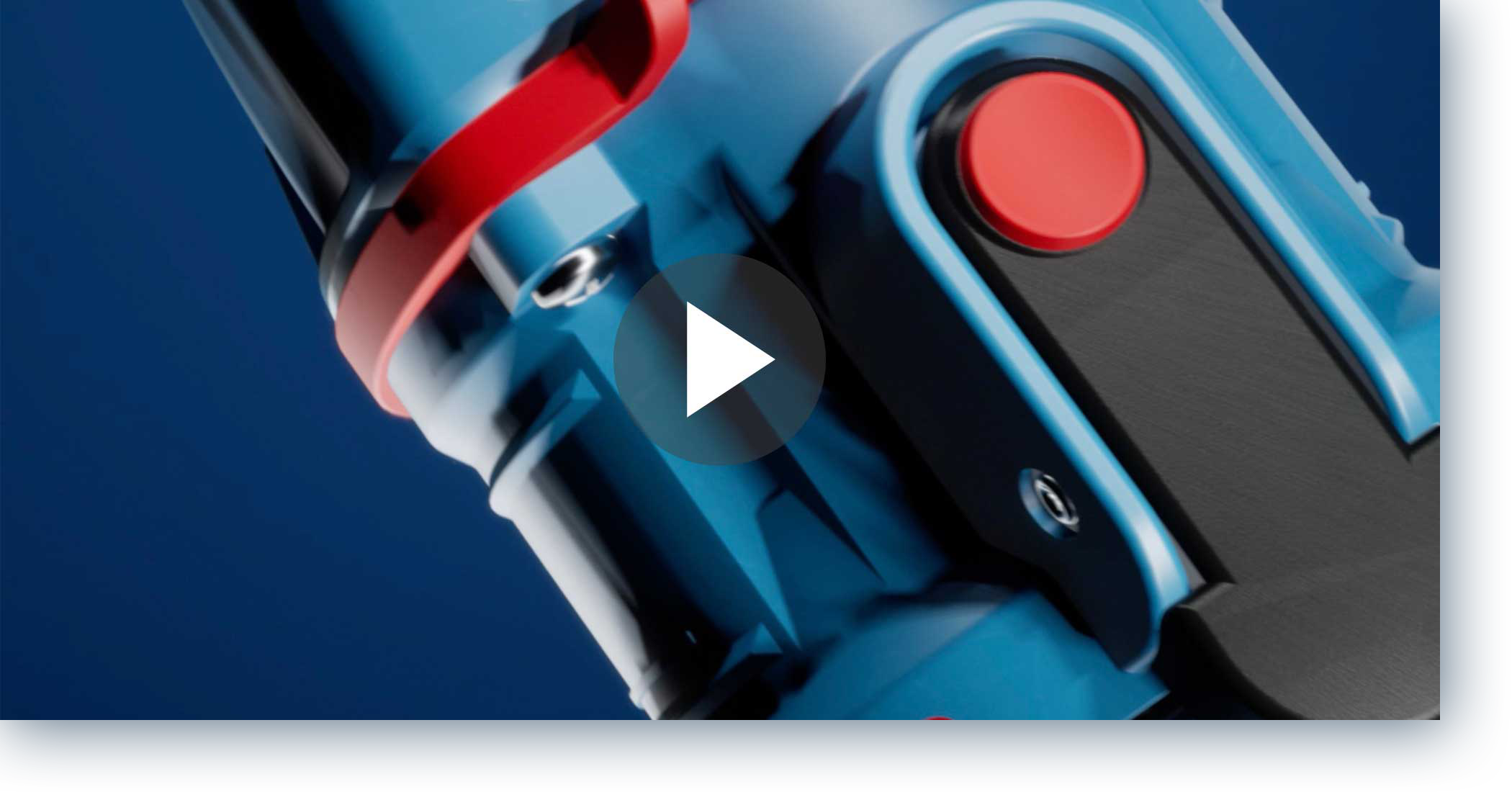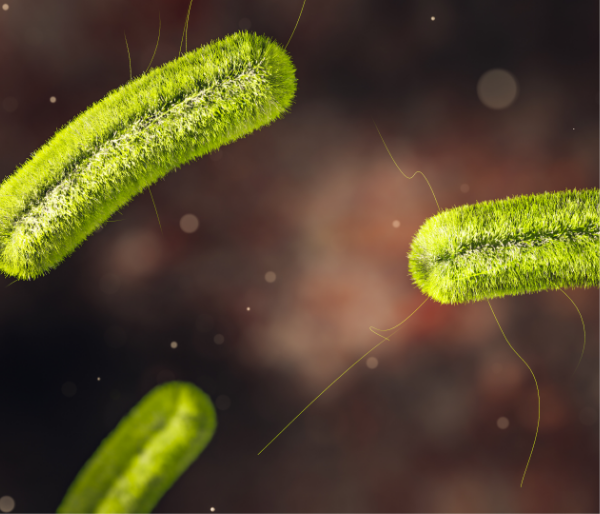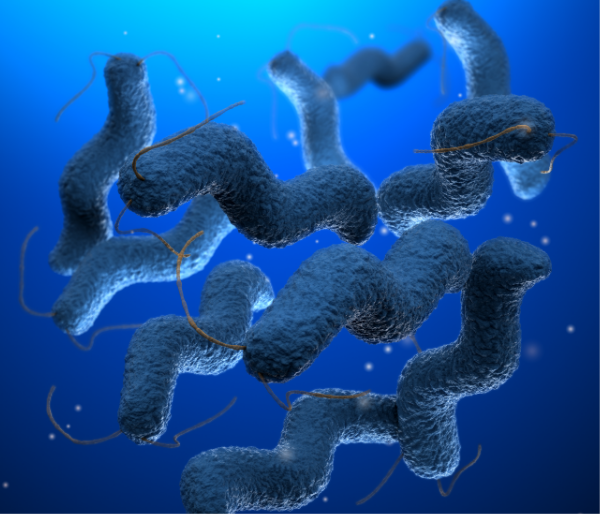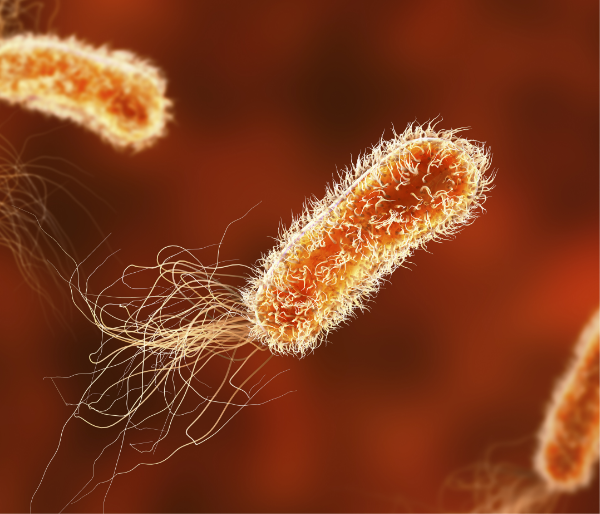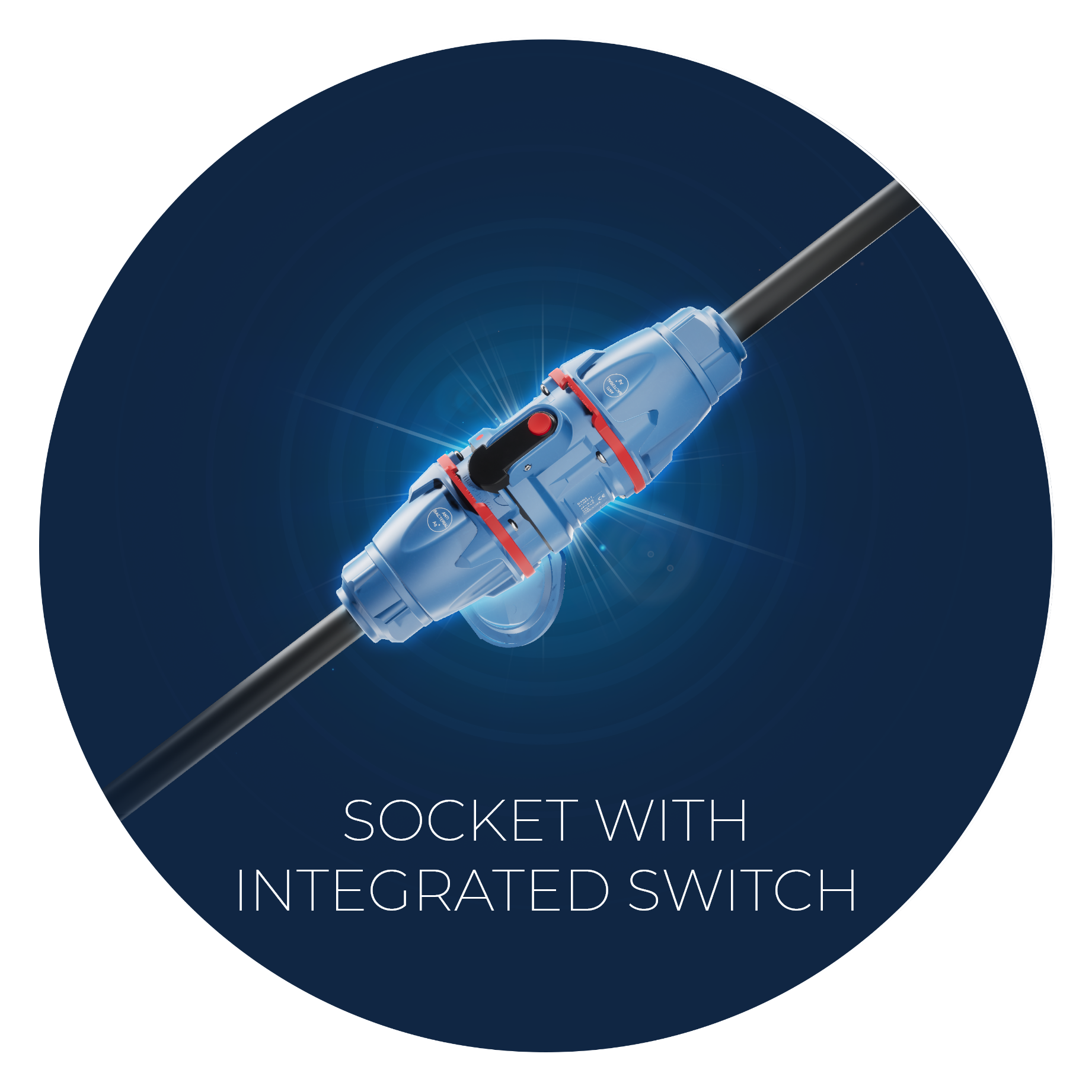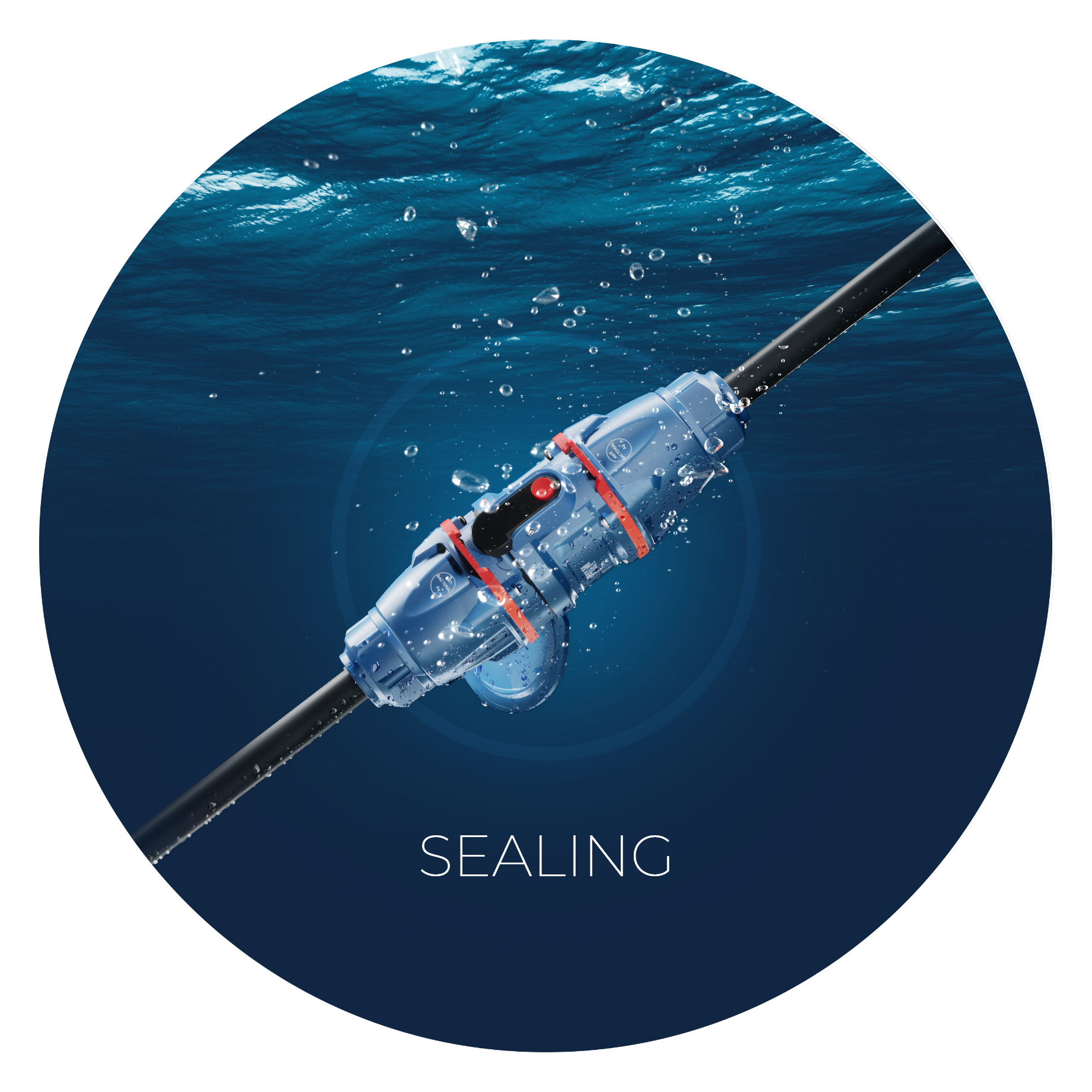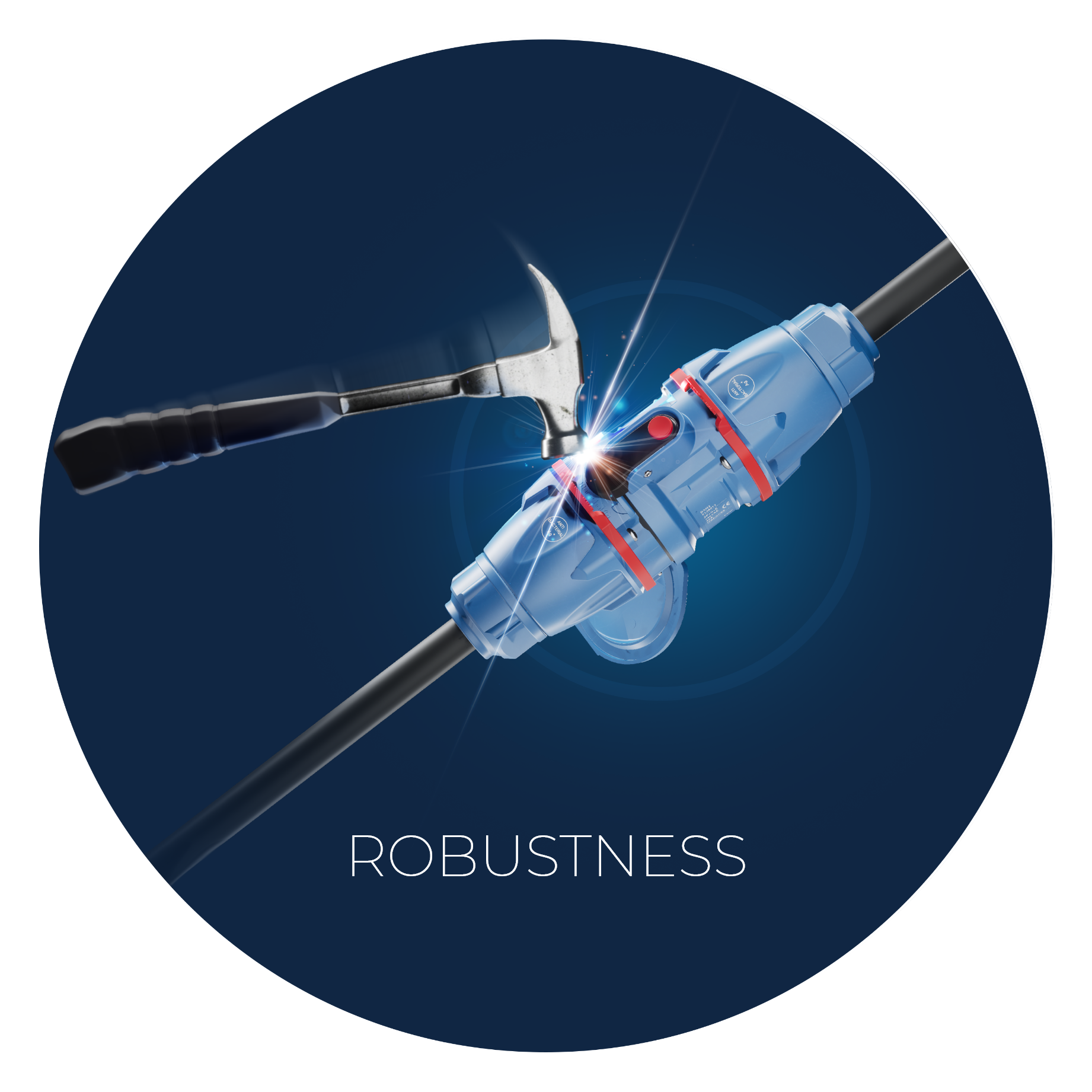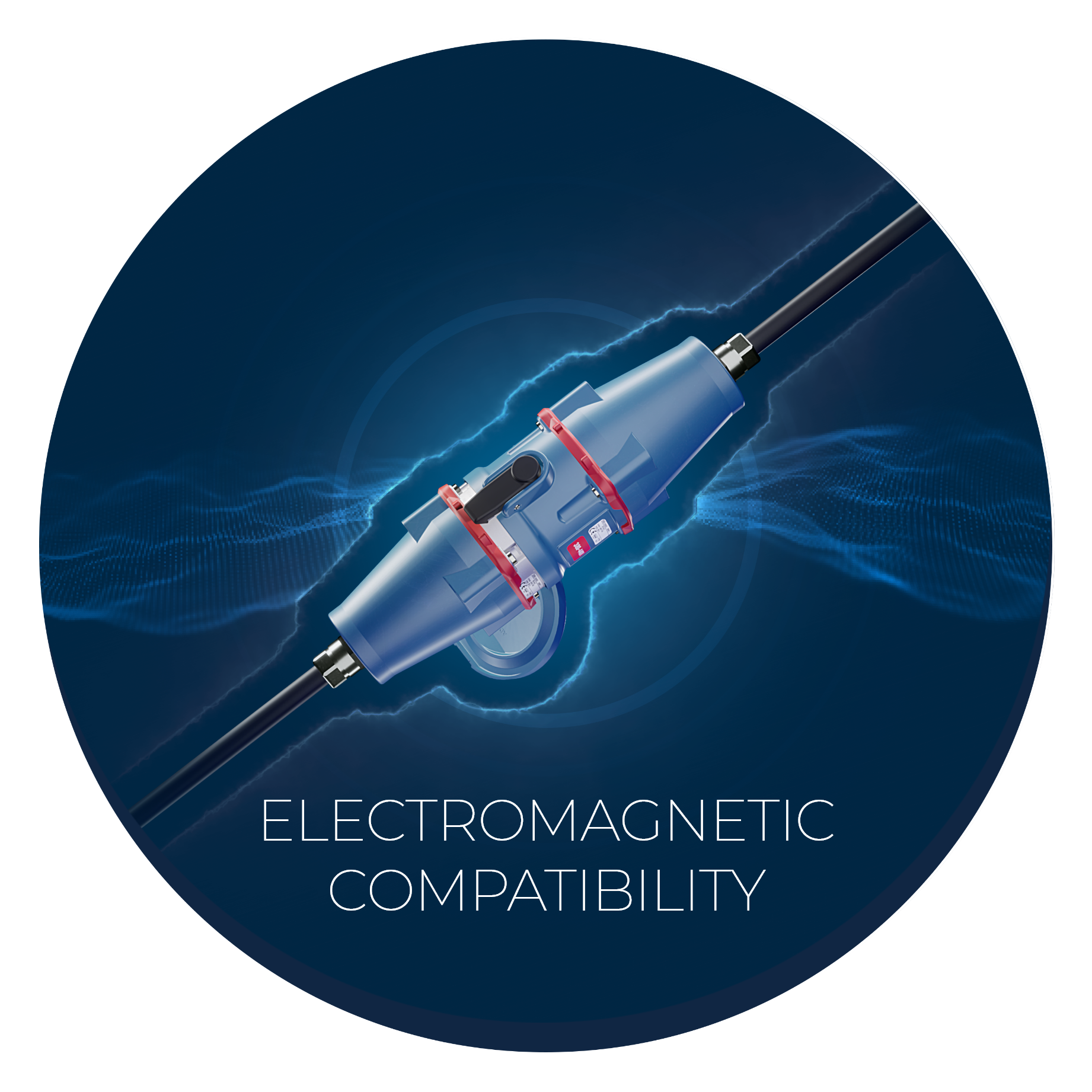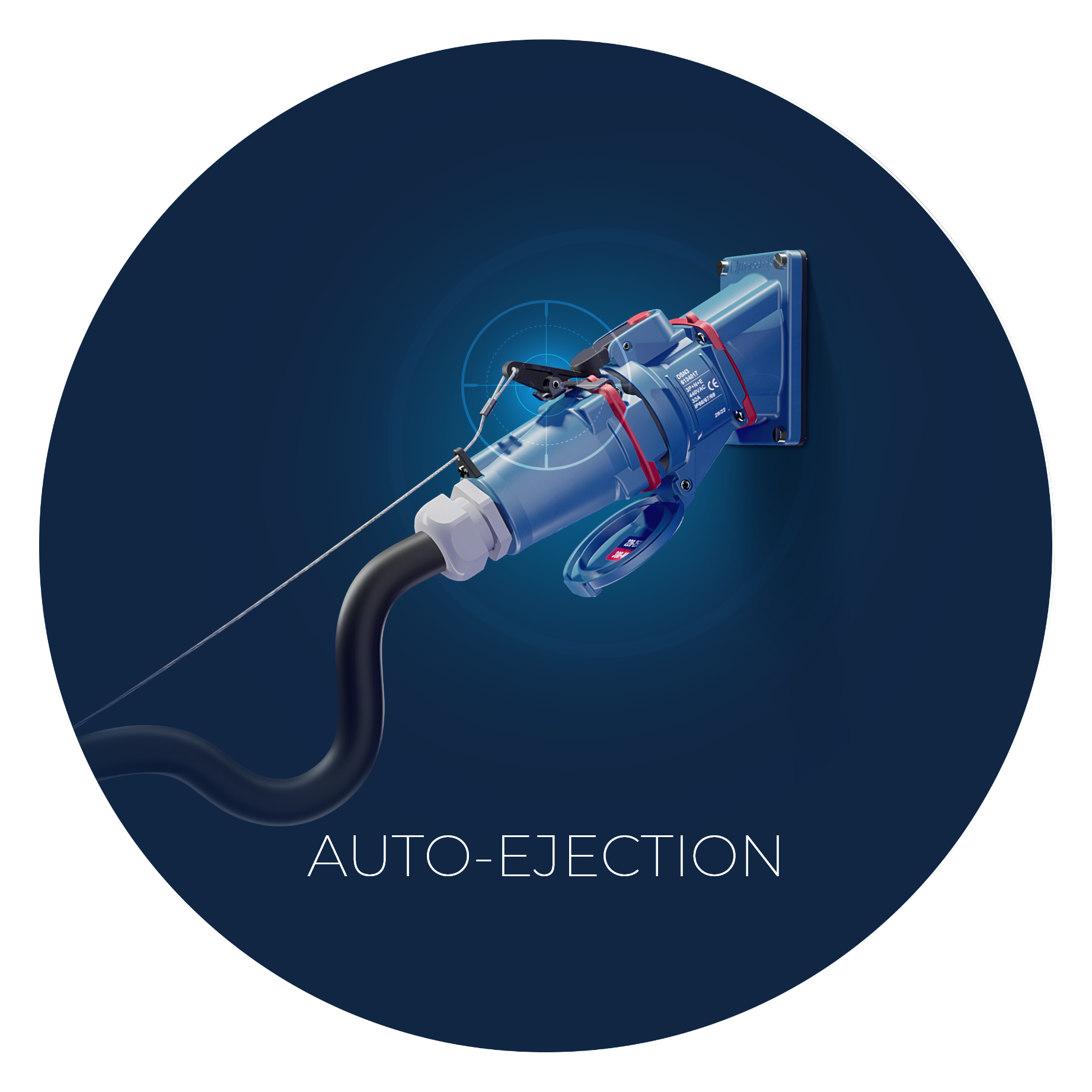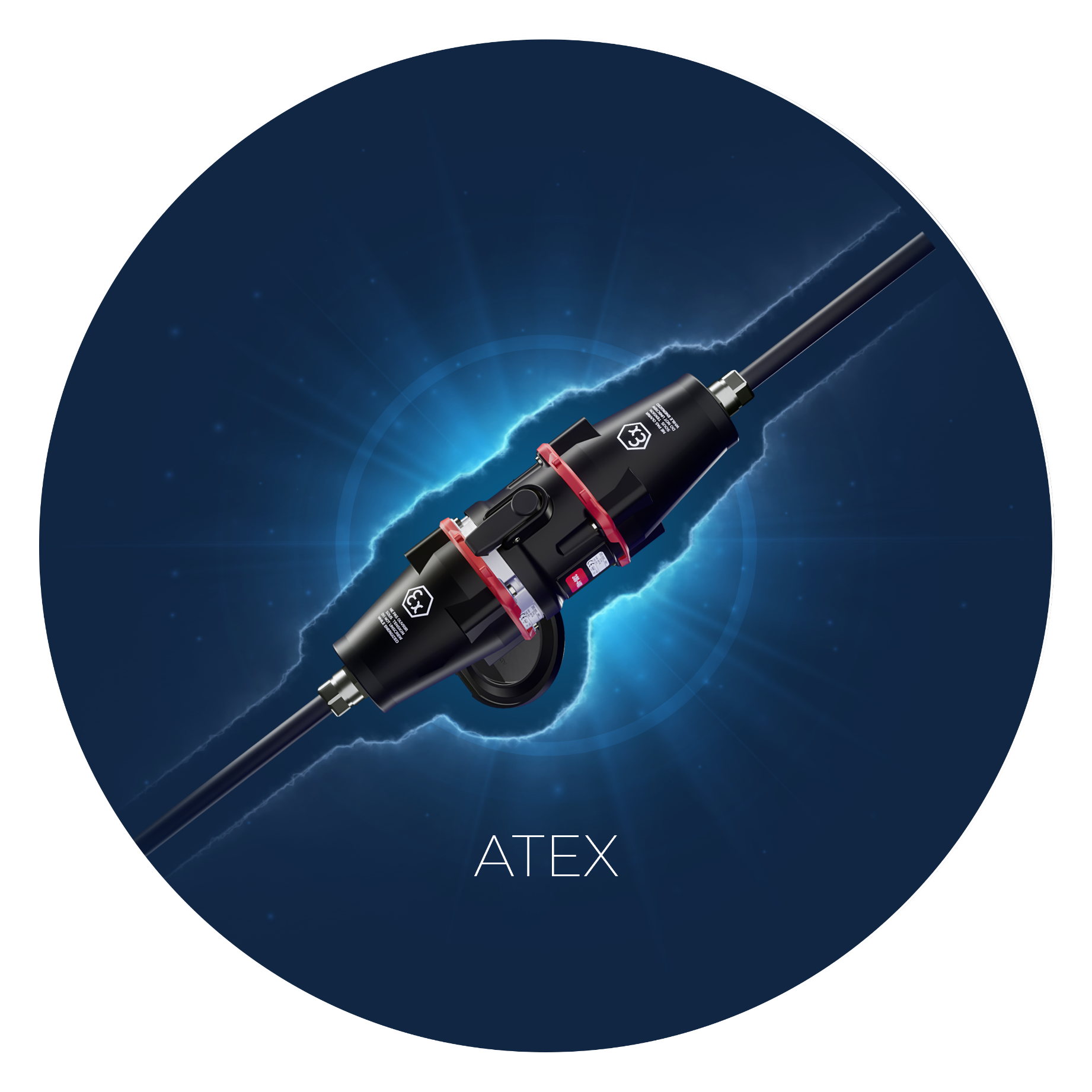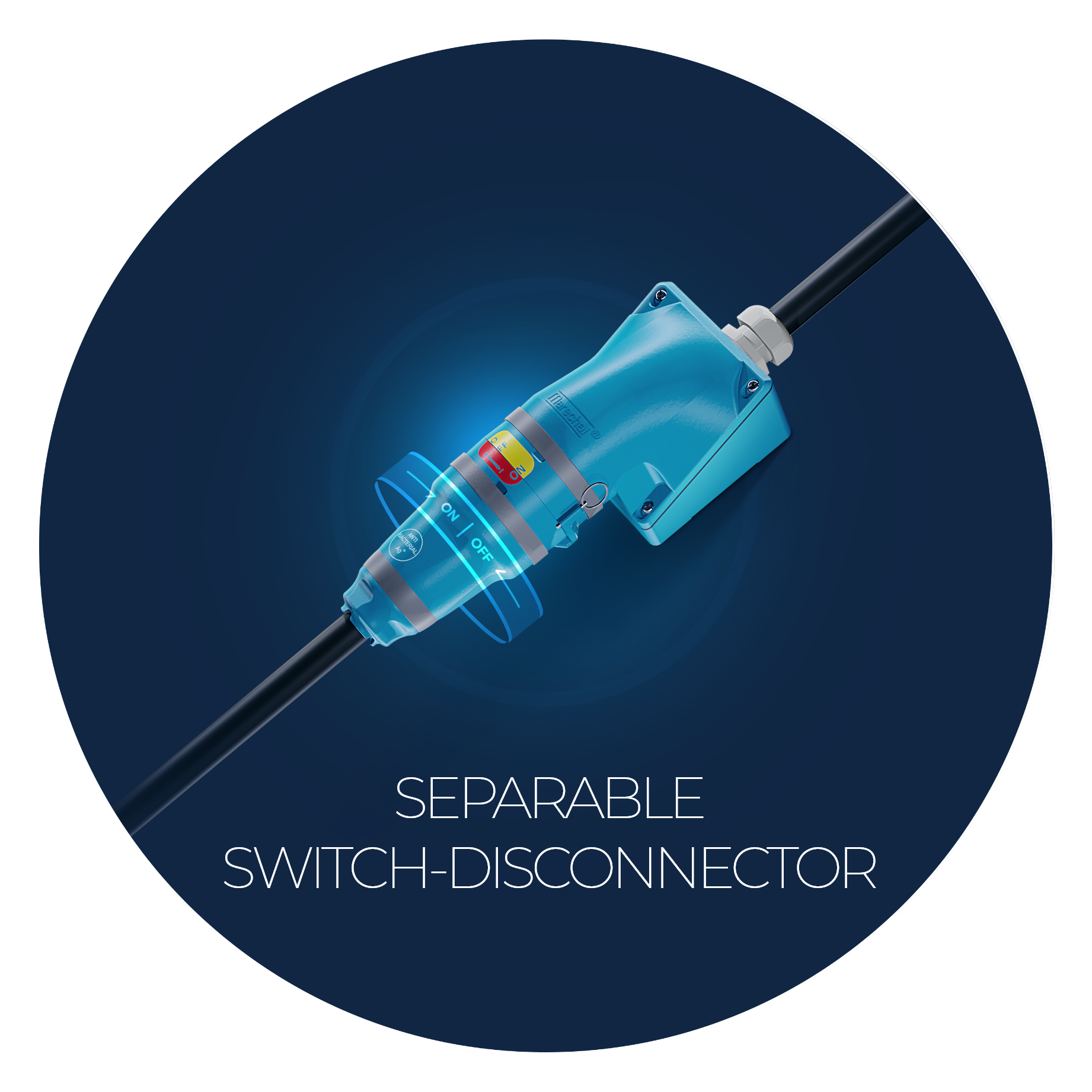The laser marking on the handle guarantees antibacterial treatment.
All the benefits of MARECHAL® technology
with antibacterial protection!
A new safety requirement
MARECHAL ELECTRIC markets an innovative range with antibacterial protection designed to meet the growing need for hygiene and infection prevention. Made from a selection of resistant materials, our poly handles, injected with silver ions (AG+), provide an effective, long-lasting barrier that limits the proliferation of bacteria.
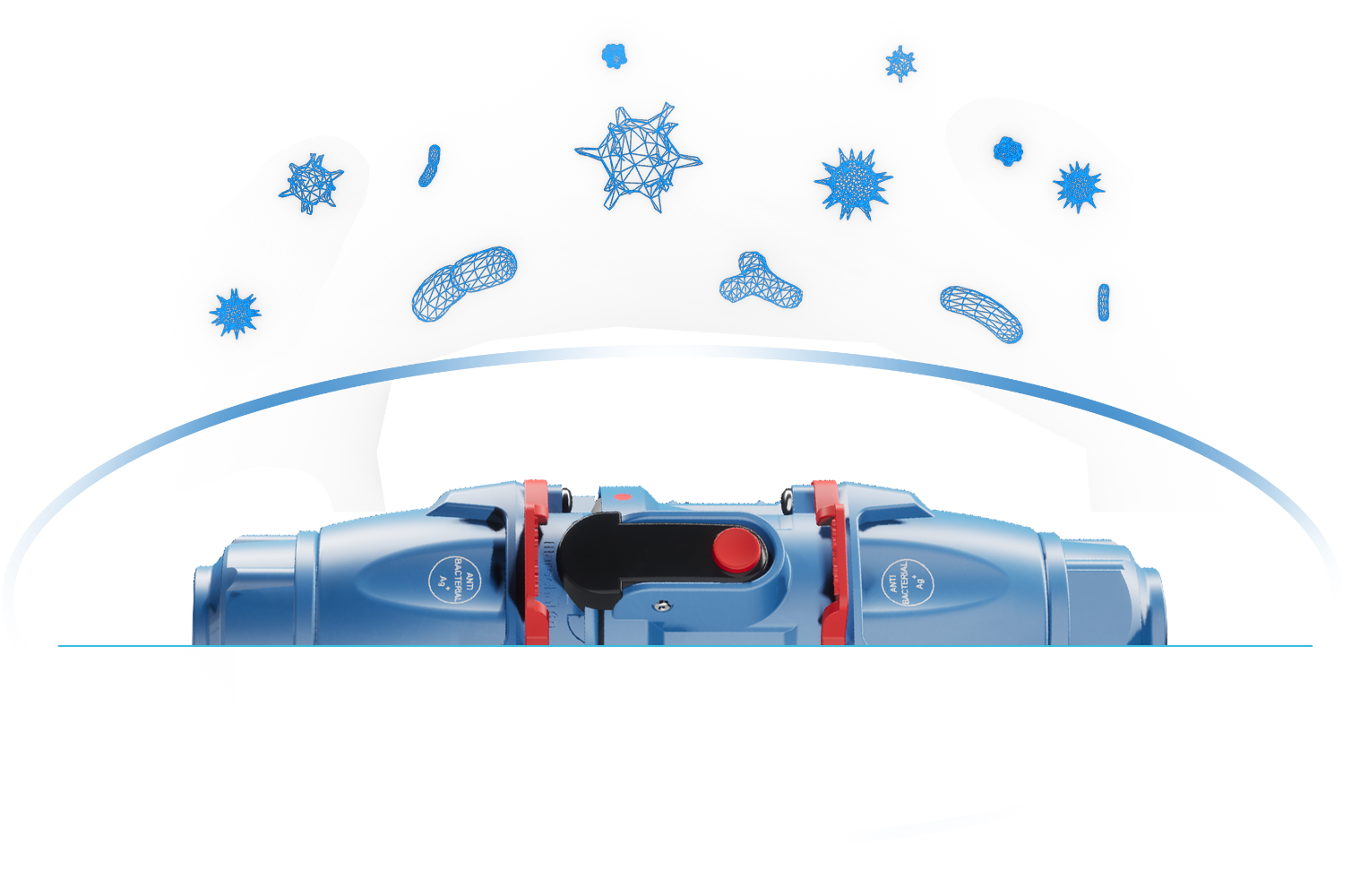
Maximum hygiene and safety for users
The World Health Organisation confirms that bacterial infections are becoming increasingly difficult to treat. Regardless of the environment or industry, bacteria are everywhere and spread very easily. Antibacterial treatment is therefore another way to limit the risk of contamination or infection.
A wide range of applications
Pharmaceutical industry, food industry, chemical industry, healthcare facilities, industrial kitchens, water treatment … all sectors of activity are concerned. The high temperature tolerance of the antibacterial additive makes it ideal for use in all high temperature cleaning processes.
